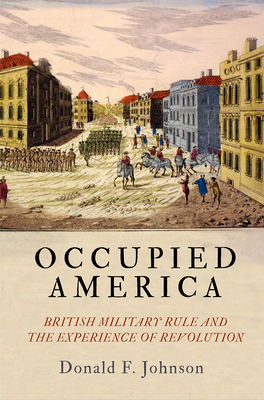Expedite your nonfiction book discovery process with Readara interviews, summaries and recommendations, Broaden your knowledge and gain insights from leading experts and scholars
In-depth, hour-long interviews with notable nonfiction authors, Gain new perspectives and ideas from the writer’s expertise and research, Valuable resource for readers and researchers
Optimize your book discovery process, Four-to eight-page summaries prepared by subject matter experts, Quickly review the book’s central messages and range of content
Books are handpicked covering a wide range of important categories and topics, Selected authors are subject experts, field professionals, or distinguished academics
Our editorial team includes books offering insights, unique views and researched-narratives in categories, Trade shows and book fairs, Book signings and in person author talks,Webinars and online events
Connect with editors and designers,Discover PR & marketing services providers, Source printers and related service providers

Occupied America: British Military Rule and the Experience of Revolution
History > United States - Revolutionary Period (1775-1800)
- University of Pennsylvania Press
- Hardcover
- 9780812252545
- 9.4 X 6.4 X 1.5 inches
- 1.4 pounds
- History > United States - Revolutionary Period (1775-1800)
- (Single Author) Asian American
- English
Readara.com
Book Description
Occupied America chronicles the everyday experience of ordinary people living under military occupation during the American Revolution.
In Occupied America, Donald F. Johnson chronicles the everyday experience of ordinary people living under military occupation during the American Revolution. Focusing on day-to-day life in port cities held by the British Army, Johnson recounts how men and women from a variety of backgrounds navigated harsh conditions, mitigated threats to their families and livelihoods, took advantage of new opportunities, and balanced precariously between revolutionary and royal attempts to secure their allegiance.
Between 1775 and 1783, every large port city along the Eastern seaboard fell under British rule at one time or another. As centers of population and commerce, these cities--Boston, New York, Newport, Philadelphia, Savannah, Charleston--should have been bastions from which the empire could restore order and inspire loyalty. Military rule's exceptional social atmosphere initially did provide opportunities for many people--especially women and the enslaved, but also free men both rich and poor--to reinvent their lives, and while these opportunities came with risks, the hope of social betterment inspired thousands to embrace military rule. Nevertheless, as Johnson demonstrates, occupation failed to bring about a restoration of imperial authority, as harsh material circumstances forced even the most loyal subjects to turn to illicit means to feed and shelter themselves, while many maintained ties to rebel camps for the same reasons. As occupations dragged on, most residents no longer viewed restored royal rule as a viable option.
As Johnson argues, the experiences of these citizens reveal that the process of political change during the Revolution occurred not in a single instant but gradually, over the course of years of hardship under military rule that forced Americans to grapple with their allegiance in intensely personal and highly contingent ways. Thus, according to Johnson, the quotidian experience of military occupation directly affected the outcome of the American Revolution.
Author Bio
Don Johnson researches popular politics during the era of the American Revolution, with a particular emphasis on how the experiences of ordinary people shaped social and political change.
His first book, Occupied America: British Military Rule and the Experience of Revolution argues that the everyday abuses and hardships of military occupation doomed attempts by British soldiers and statesmen to re-incorporate the colonies into the Empire and sowed the seeds of anti-monarchical thinking into the postwar era.
He is currently working on two inter-related projects: a study of local-level revolutionary organization between April 1775 and July 1776 and a larger history of the Continental Congress's collective leadership during the Revolutionary war.
At NDSU, Johnson teaches courses and advises graduate students on early America, memory studies, and historical research and writing. He also has expertise in public history and material culture studies.
Source: North Dakota State University
Videos
No Videos
Community reviews
No Community reviews

